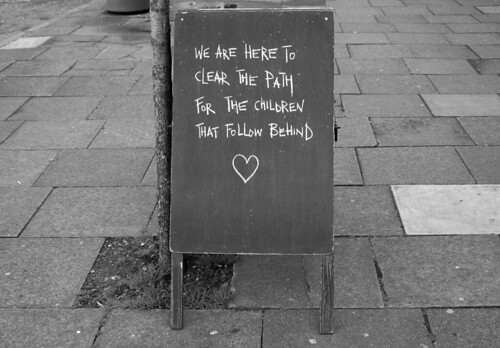 So I finally got my '88 5.0 mustang down here where I live. It has been sitting at my parents house, but now the time has come. Hopefully before the end of the summer I will be driving this bad boy.
So I finally got my '88 5.0 mustang down here where I live. It has been sitting at my parents house, but now the time has come. Hopefully before the end of the summer I will be driving this bad boy.
 This is going to be quite a project for me. I'm already expecting to be humbled. The car needs brakes, and not just brakes, but as you can see, totally different brakes than what it has. This way it will have all wheel disc brakes and 5 lugs so I can use different rims and tires.
This is going to be quite a project for me. I'm already expecting to be humbled. The car needs brakes, and not just brakes, but as you can see, totally different brakes than what it has. This way it will have all wheel disc brakes and 5 lugs so I can use different rims and tires.

The interior is in fair shape, it came out of a '93 mustang GT, and already has white face gauges. I've already got a new 5" inch tach to place on the dash. Next to come is a CD deck and speakers. Maybe later I'll get some seats with lumbar support.
Overrall, I hope this becomes a spiritual exercise for me. A way to build community, a new way to pray, and I'm sure I'll learn much about myself. So, I'm calling this project car
"Sacramental Mustang," a way to to give grace and receive grace, and all on a budget.


 Ah, summer is upon us and that means I get to catch up on some reading. I've read three books in this last week, hopefully this trend will last once Latin starts this semester.
Ah, summer is upon us and that means I get to catch up on some reading. I've read three books in this last week, hopefully this trend will last once Latin starts this semester.

















